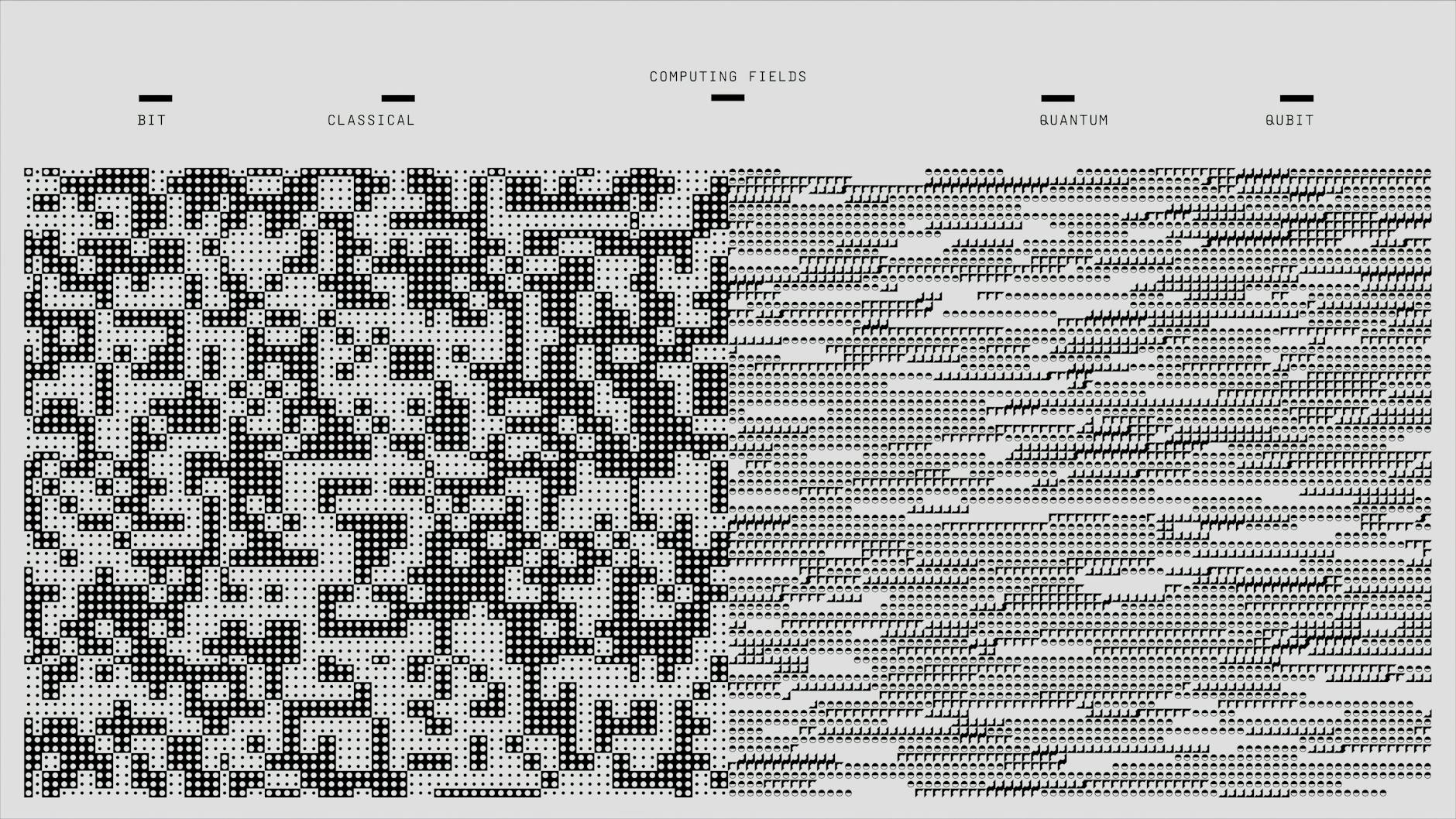The Future of Quantum Computing: Breaking Down Quantum Advantage

Unleashing the Power of Quantum Computing
Quantum computing has long been hailed as the next frontier in computational power, promising to revolutionize industries and solve complex problems at an unprecedented speed. One of the key milestones in the development of quantum computing is achieving quantum advantage, a state where quantum systems outperform classical computers in certain tasks.

Unlike classical computers that use bits to process information in binary form, quantum computers use qubits that can represent and store multiple states simultaneously. This allows quantum computers to perform calculations much faster than classical computers for certain types of problems.
Understanding Quantum Advantage
Quantum advantage is the point at which a quantum computer can solve a problem that is practically infeasible for classical computers to solve in a reasonable amount of time. This milestone represents a significant leap forward in the capabilities of quantum computing and could have far-reaching implications for fields such as cryptography, pharmaceuticals, materials science, and more.
Challenges and Opportunities
Despite the potential of quantum computing, there are still significant challenges to overcome, such as noise interference, error rates, and scalability issues. Researchers and scientists are actively working to address these challenges and unlock the full potential of quantum computing.
As quantum computing continues to advance, the possibilities are endless. From simulating molecular structures to optimizing supply chains and designing new materials, the future of quantum computing holds immense promise for solving complex problems and driving innovation across industries.
